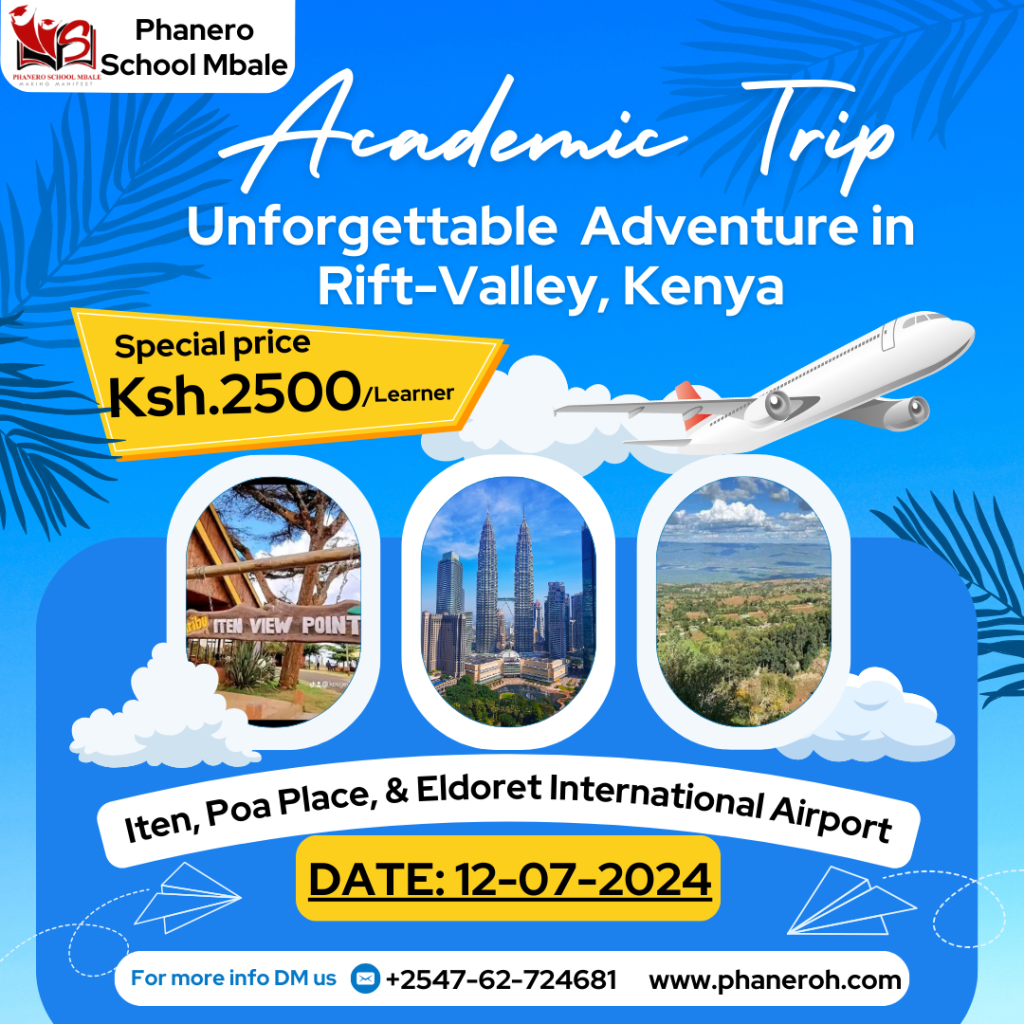Academic trips have long been an integral part of educational experiences worldwide. These journeys, whether they involve visiting historical sites, scientific laboratories, or cultural landmarks, offer students a unique opportunity to expand their learning beyond the confines of the classroom. While the core curriculum provides essential theoretical knowledge, academic trips provide a practical dimension that enhances understanding, fosters curiosity, and promotes a deeper appreciation for the subject matter. In this article, we delve into the manifold benefits of academic trips and why they remain a valuable component of modern education.
Hands-On Learning
One of the primary advantages of academic trips is the opportunity for hands-on learning. Instead of merely reading about historical events or scientific principles, students can witness them firsthand. For example, a trip to a science museum allows students to interact with exhibits, conduct experiments, and engage with experts, thus reinforcing classroom lessons with tangible experiences. Similarly, visiting archaeological sites or art galleries provides students with a sensory immersion that enriches their understanding of history, culture, and aesthetics.
Cultural Immersion
Academic trips also facilitate cultural immersion, enabling students to broaden their perspectives and develop a deeper understanding of diverse societies. Whether traveling domestically or internationally, students have the chance to interact with people from different backgrounds, observe unique customs, and explore unfamiliar landscapes. These experiences cultivate empathy, tolerance, and global awareness, essential qualities in an interconnected world. By stepping outside their comfort zones, students gain a greater appreciation for cultural diversity and learn to navigate unfamiliar environments with confidence and respect.
Another notable benefit of academic trips is their ability to foster interdisciplinary connections. While traditional classroom settings often compartmentalize knowledge into distinct subjects, academic trips blur these boundaries by showcasing the interconnectedness of various disciplines. For instance, a trip to a historical site might combine elements of history, geography, anthropology, and architecture, illustrating how different fields intersect to shape our understanding of the past. By exploring these connections firsthand, students develop a holistic perspective that transcends disciplinary silos and encourages interdisciplinary thinking.
Experiential Education
Academic trips epitomize the principles of experiential education, which emphasizes learning through direct experience and reflection. Unlike passive forms of learning, such as lectures or readings, academic trips actively engage students in the learning process, encouraging them to apply their knowledge in real-world contexts. Whether conducting fieldwork, interviewing local residents, or participating in cultural activities, students learn by doing, an approach that fosters critical thinking, problem-solving, and creativity. Moreover, the memories and insights gained from these immersive experiences often leave a lasting impression, shaping students’ personal and intellectual development in profound ways.
Enhanced Social Skills
In addition to academic benefits, academic trips promote the development of essential social skills. Traveling with peers and educators fosters teamwork, communication, and cooperation as students navigate unfamiliar environments and collaborate on shared tasks. Furthermore, interacting with individuals from diverse backgrounds cultivates cultural competence and interpersonal empathy, essential qualities for success in an increasingly diverse and interconnected world. By fostering meaningful relationships and shared experiences, academic trips strengthen the social fabric of educational communities, creating lasting bonds that extend beyond the confines of the trip itself.
In conclusion, academic trips offer a myriad of benefits that complement and enhance traditional classroom learning. From hands-on experiences and cultural immersion to interdisciplinary connections and enhanced social skills, these journeys provide students with invaluable opportunities for growth and exploration. By venturing beyond the classroom, students not only deepen their understanding of academic subjects but also cultivate essential life skills that prepare them for success in an ever-changing world. As such, academic trips remain a cornerstone of modern education, enriching the lives of students and educators alike with the transformative power of experiential learning.

